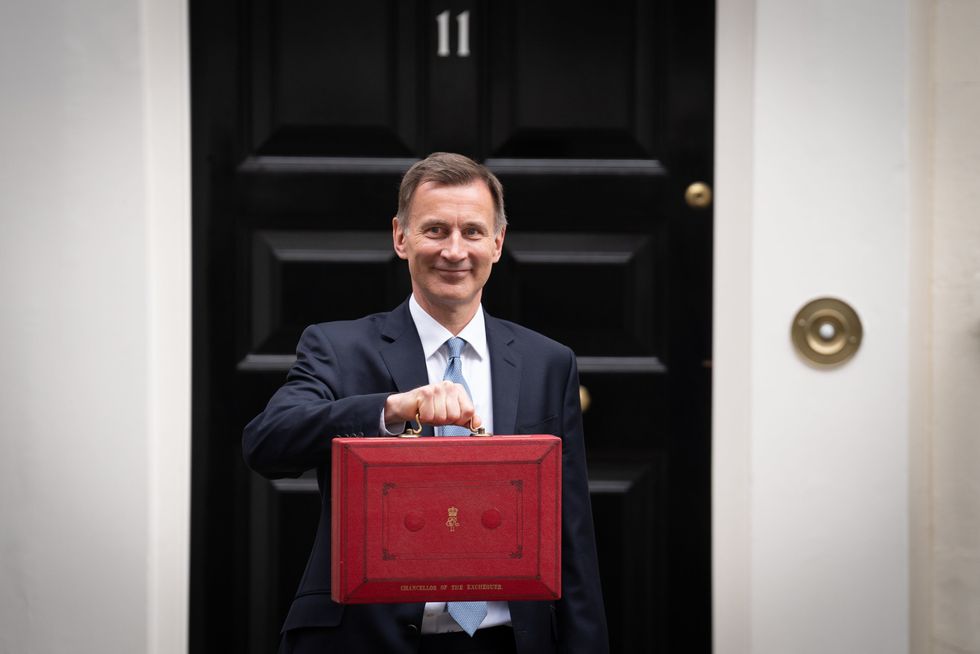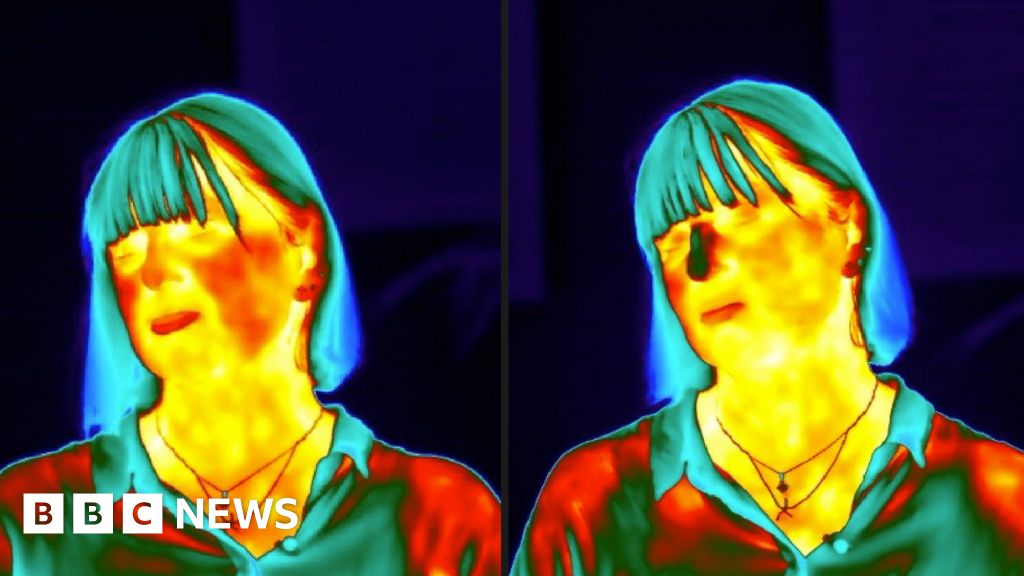Six in 10 retirees ‘unaware’ of inheritance tax threshold – as more caught in IHT trap
Britons are being urged to make sure they understand inheritance tax (IHT) rules as more families face being dragged into the tax net.The warning comes as new research shows some six in 10 (59 per cent) retirees are unaware what the inheritance tax threshold for the value of an estate is.A survey of 1,050 UK retired and semi-retired over 55s by Just Group found 51 per cent of respondents did not know what the threshold while eight per cent said they were unsure.Awareness of the IHT thresholds was slightly stronger among the top third highest-income pensioners in the study, but even among this group, 42 per cent said they did not know what the thresholds are.WATCH NOW: Jacob Rees-Mogg on whether inheritance tax should be scrapped Furthermore, half of those asked (50 per cent) said they didn’t have a clear understanding of the IHT rules and the amount can be passed on before tax.It’s a key point for people to understand given HMRC forecasts more estates are expected to incur inheritance tax in future years.Last November, the Government estimated an extra 13,400 estates would pay IHT in the seven years to 2028 as a result of the frozen starting thresholds, which was revised to 49,400 in the Spring Budget this year.Stephen Lowe, group communications director at retirement specialist Just Group, said: “The pincer movement of rising property prices and frozen tax thresholds means that more and more families are getting caught in the inheritance tax trap.”“Anyone planning to pass on an inheritance to their loved ones should make sure they understand if the inheritance tax rules will affect their plans and how to mitigate the impact if they do.“Homeowners should ensure they have an up-to-date valuation of their property to check whether recent substantial property price rises have tipped them over the threshold.“Professional, regulated advice can also help people work out the total value of their estate, calculate how much inheritance tax those inheriting the estate may be likely to owe and understand what options they have to minimise a future tax bill.”How much is the inheritance tax allowance?The starting threshold for IHT, known as the Nil Rate Band, has remained at £325,000 since 2009.Had it been adjusted by inflation, the threshold would be equal to nearly £500,000 today.LATEST DEVELOPMENTS:How much ‘stealth’ tax freeze costs you as Treasury to rake in £52bn by 2027Savers face ‘bigger threat than inflation’ as more at risk of taxHow to avoid stealth tax turmoil as more taxpayers dragged into higher-rate bandSome can increase their threshold via the residence Nil Rate Band, which was introduced in 2017.This is currently at £175,000, having not increased since 2020-21.Both bands are set to remain frozen for nearly five more years, until April 2028, after Prime Minister Rishi Sunak froze the allowance, which was later extended by Chancellor Jeremy Hunt.Meanwhile, the average UK property price has risen 30 per cent in the past five years, from £218,642 in April 2017 to £283,871 in April 2023, according to the Land Registry’s UK House Price Index, meaning more people are likely to be affected by the levy.


Britons are being urged to make sure they understand inheritance tax (IHT) rules as more families face being dragged into the tax net.
The warning comes as new research shows some six in 10 (59 per cent) retirees are unaware what the inheritance tax threshold for the value of an estate is.
A survey of 1,050 UK retired and semi-retired over 55s by Just Group found 51 per cent of respondents did not know what the threshold while eight per cent said they were unsure.
Awareness of the IHT thresholds was slightly stronger among the top third highest-income pensioners in the study, but even among this group, 42 per cent said they did not know what the thresholds are.
WATCH NOW: Jacob Rees-Mogg on whether inheritance tax should be scrapped
Furthermore, half of those asked (50 per cent) said they didn’t have a clear understanding of the IHT rules and the amount can be passed on before tax.
It’s a key point for people to understand given HMRC forecasts more estates are expected to incur inheritance tax in future years.
Last November, the Government estimated an extra 13,400 estates would pay IHT in the seven years to 2028 as a result of the frozen starting thresholds, which was revised to 49,400 in the Spring Budget this year.
Stephen Lowe, group communications director at retirement specialist Just Group, said: “The pincer movement of rising property prices and frozen tax thresholds means that more and more families are getting caught in the inheritance tax trap.”
“Anyone planning to pass on an inheritance to their loved ones should make sure they understand if the inheritance tax rules will affect their plans and how to mitigate the impact if they do.
“Homeowners should ensure they have an up-to-date valuation of their property to check whether recent substantial property price rises have tipped them over the threshold.
“Professional, regulated advice can also help people work out the total value of their estate, calculate how much inheritance tax those inheriting the estate may be likely to owe and understand what options they have to minimise a future tax bill.”
How much is the inheritance tax allowance?
The starting threshold for IHT, known as the Nil Rate Band, has remained at £325,000 since 2009.
Had it been adjusted by inflation, the threshold would be equal to nearly £500,000 today.
LATEST DEVELOPMENTS:
- How much ‘stealth’ tax freeze costs you as Treasury to rake in £52bn by 2027
- Savers face ‘bigger threat than inflation’ as more at risk of tax
- How to avoid stealth tax turmoil as more taxpayers dragged into higher-rate band

Some can increase their threshold via the residence Nil Rate Band, which was introduced in 2017.
This is currently at £175,000, having not increased since 2020-21.
Both bands are set to remain frozen for nearly five more years, until April 2028, after Prime Minister Rishi Sunak froze the allowance, which was later extended by Chancellor Jeremy Hunt.
Meanwhile, the average UK property price has risen 30 per cent in the past five years, from £218,642 in April 2017 to £283,871 in April 2023, according to the Land Registry’s UK House Price Index, meaning more people are likely to be affected by the levy.







































